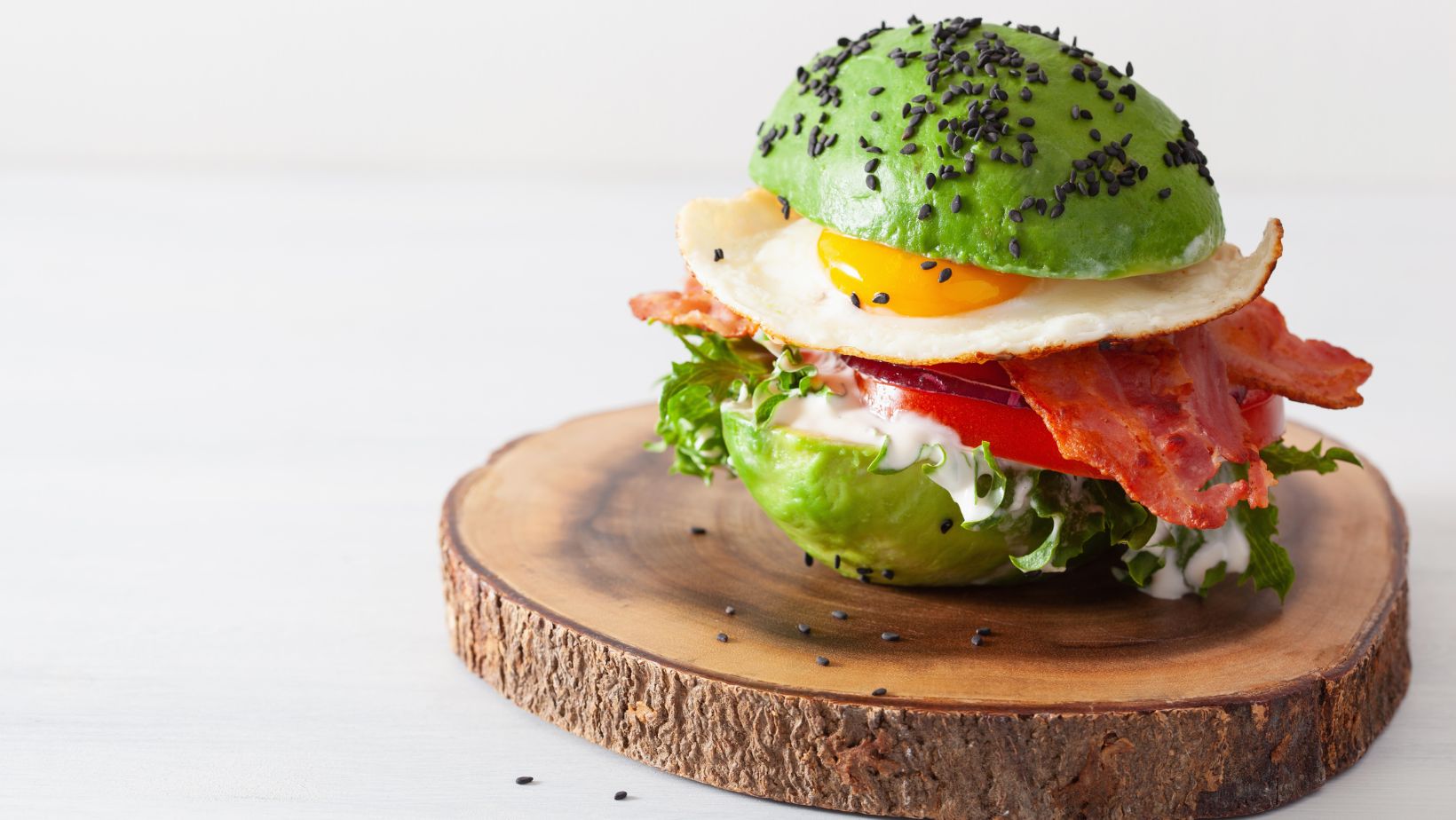
Potatoes are undeniably delicious, but they can be high in carbohydrates, making them less than ideal for those following a ketogenic diet. Fortunately, there are plenty of alternatives that offer a similar texture and taste without derailing your progress. Whether you’re craving mashed potatoes, french fries, or even potato salad, I’ve got you covered!
One popular substitute for potatoes is cauliflower. With its mild flavor and versatile nature, cauliflower can be transformed into creamy mashed “potatoes” or crispy roasted “fries.” Another great option is turnips, which have a slightly sweet and earthy taste that closely resembles traditional potatoes when cooked. Additionally, radishes can provide a surprisingly potato-like texture when roasted or sautéed.
Keto Sub for Potatoes
Low-carb Alternatives for Potatoes
When it comes to following a keto diet, finding low-carb alternatives to high-starch foods like potatoes can make all the difference. Thankfully, there are plenty of delicious substitutes that not only satisfy your cravings but also align with your dietary goals. One popular option is cauliflower, which can be transformed into mashed “potatoes,” roasted “fries,” or even used as a base for a creamy soup. With its mild flavor and versatile texture, cauliflower provides a satisfying substitute without the carb overload.
Another excellent alternative is zucchini, often used in spiralized form to create “zoodles.” These delightful veggie noodles can serve as an ideal replacement for traditional pasta dishes or even as a foundation for casseroles. Zucchini’s subtle taste allows it to take on various flavors, making it an adaptable option in keto cooking.
Healthy Swaps for Starchy Favorites
Keto dieters often find themselves yearning for comfort foods that typically rely heavily on starches. Fortunately, there are numerous healthy swaps available that offer similar tastes and textures while keeping carb counts low. For instance, instead of using regular flour in recipes, almond flour or coconut flour can be used as lower-carb alternatives. These gluten-free options provide added nutritional benefits such as higher fiber content and essential fatty acids.
When it comes to sweetening dishes without adding excessive carbs or sugar, natural sweeteners like stevia or erythritol are popular choices among keto enthusiasts. They offer sweetness without causing drastic blood sugar spikes and can be easily incorporated into desserts and beverages.
Exploring Keto-friendly Substitutes
The world of keto-friendly substitutes extends beyond just potatoes and starches; there is a whole array of ingredients waiting to be discovered! For example, avocados are not only rich in healthy fats but also make an excellent substitute for butter when baking or spreading on toast.
Nuts and seeds are also valuable additions to a keto pantry. They can be transformed into flours for baking, used as crunchy toppings, or even processed into nut butters for a delicious spread. Additionally, coconut products like coconut milk and coconut oil provide an excellent dairy-free alternative in various recipes.
Understanding Carbohydrates and Potatoes
Why Potatoes are Not Keto-friendly
Potatoes, delicious as they may be, are unfortunately not the best choice for those following a keto diet. The reason lies in their high carbohydrate content. A medium-sized potato can contain around 37 grams of carbohydrates, with most of those being starch. When you’re on a ketogenic diet, your goal is to limit your carb intake to enter a state of ketosis where your body burns fat for fuel instead of relying on glucose from carbs.
Understanding the Role of Carbohydrates in a Keto Diet
Carbohydrates play an essential role in our bodies as they provide energy for various bodily functions. However, on a keto diet, the focus shifts towards reducing carbohydrate consumption to induce ketosis. By limiting carb intake, typically below 50 grams per day, you force your body to switch its energy source from carbohydrates to fat.
While some low-carb diets allow moderate amounts of certain starchy vegetables like sweet potatoes or carrots, regular potatoes don’t make the cut due to their high glycemic index and starch content. It’s important to prioritize lower-carb alternatives when following a ketogenic lifestyle.
The Impact of Potatoes on Blood Sugar Levels
One crucial aspect that makes potatoes unfavorable for ketogenic diets is their effect on blood sugar levels. Potatoes have a high glycemic index (GI), which means they cause rapid spikes in blood sugar levels when consumed. This spike triggers insulin production from the pancreas to regulate blood sugar levels.
For individuals aiming to maintain stable blood sugar and insulin levels while on a keto diet or managing conditions like diabetes or metabolic syndrome, it’s advisable to choose lower-carb options that have less impact on blood sugar regulation.

